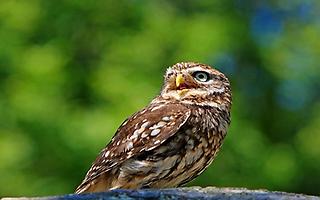Greece#
Athens is the nation's capital and largest city, followed by Thessaloniki, which is commonly referred to as the co-capital.
Greece has the longest coastline on the Mediterranean Basin and the 11th longest coastline in the world at 13,676 km (8,498 mi) in length, featuring a vast number of islands, of which 227 are inhabited.
Eighty percent of Greece is mountainous, with Mount Olympus being the highest peak at 2,918 metres (9,573 ft).
Greece has one of the longest histories of any country, tracing its roots to the civilization of Ancient Greece, which is considered the cradle of all Western civilization; its legacy includes democracy, Western philosophy, the Olympic Games, Western literature, historiography, political science, major scientific and mathematical principles, and Western drama, including both tragedy and comedy.
Greece, which is one of the world's largest shipping powers, middle powers and top tourist destinations, has the largest economy in the Balkans, where it is an important regional investor.
- Greece has largest boundary with Bulgaria which is approximately 494 km .
- Greece has shortest boundary with Turkey which is approximately 206 km .
- The largest river in Greece is Struma which is 410 km.
- The largest export partner of Greece is Turkey.
- The largest import partner of Greece is Russia.
- There are 66 seaports in Greece.
Surprising Facts about Nobel Prize Winners#
- Greece has only 1 Nobel Prize winner Odysseus Elytis. (Counting winners if born in Greece)
National Facts of Greece#
- The national bird of Greece is Little owl.
- Bear's Breech (Acanthus Mollis) is the national flower of Greece
- The national dance of Greece is Syrtos, Syrtaki.

Foto source: PixaBay
Reference#
- Text marked as italic is taken from https://en.wikipedia.org/wiki/Greece unter CC